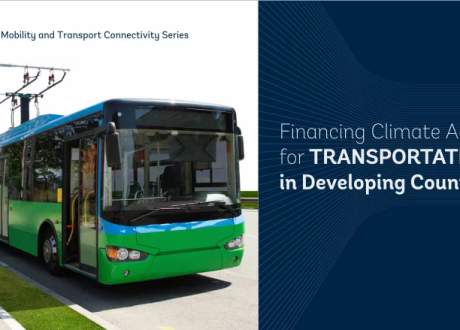
Egypt’s Abouleish among 100 Most Influential Africans 2024 in civil society
Egypt’s Helmy Abouleish, a prominent figure in the field of sustainable agriculture, particularly known for ...

Nestlé has announced that it is piloting a weather insurance program which provides financial protection to help farmers cope with unpredictable weather patterns of rainfall and severe drought.
The company is launching the insurance scheme in collaboration with Blue Marble, a specialist in climate insurance.
The program is being tested in Indonesia with the participation of more than 800 smallholder coffee farmers that supply coffee to its brand Nescafé.
Marcelo Burity, Global Head of Nestlé’s Green Coffee Development, said “This weather insurance helps to establish a support mechanism for smallholder coffee farmers in Indonesia. It allows them to access financial resources to re-establish their crops in the event of irregular weather conditions while building resilience in coffee farms.”
The insurance uses satellite-based climate data to determine when coffee output has been impacted by either too much or not enough rainfall during key phases of the crop cycle. Payments are issued automatically to registered coffee farmers that have been affected, according to the severity of the weather.
“Smallholder coffee farmers in Indonesia are vulnerable to climate risks and need access to insurance to protect against extreme weather events,” said Jaime de Piniés, CEO of Blue Marble. “We are proud to partner with Nestlé and its brand Nescafé to develop innovative ways to support the climate adaptation of smallholder coffee farmers and their families.”
This initiative is an integral part of the Nescafé Plan 2030, the brand’s vision to support the long term sustainability of coffee and to help improve farmers’ livelihoods. Based on the results of the pilot, Nestlé will determine whether to expand the approach to other Nescafé sourcing locations around the world.
Changing agricultural practices requires access to knowledge and time to learn and implement. By moving to regenerative agriculture, coffee farmers can help restore soil health, reverse biodiversity loss, and strengthen ecosystems. Doing so also helps reduce the amount of greenhouse gases released into the atmosphere.
Egypt’s Helmy Abouleish, a prominent figure in the field of sustainable agriculture, particularly known for ...
A study – by the Potsdam Institute for Climate Impact Research (PIK) – suggests that ...
Investing in resilient transport in low- and middle-income countries (LMICs) requires $417 billion annually between ...


اترك تعليقا